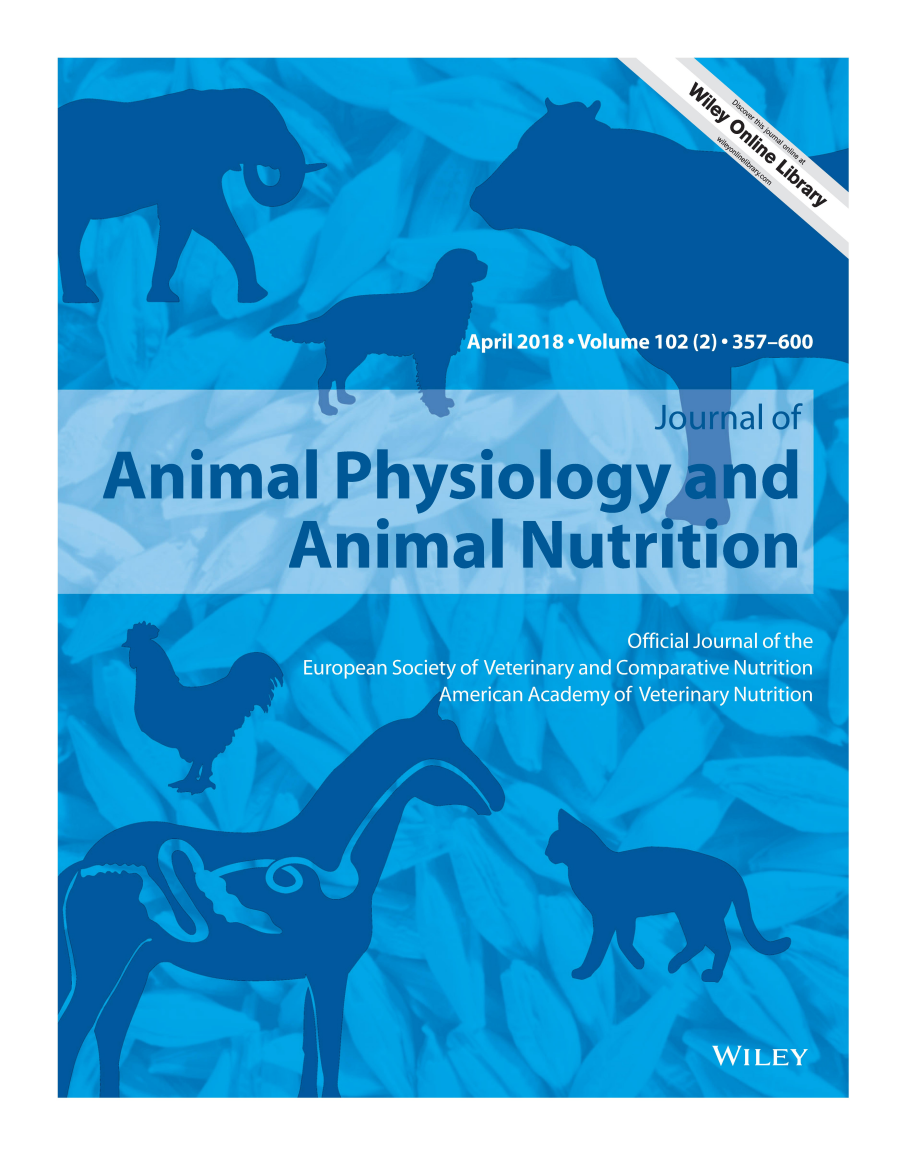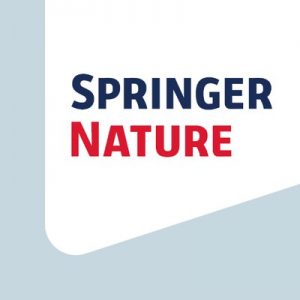 A leading orthodontics journal has retracted 12 papers after determining that they contained either reused images, questionable data or both. Several of the articles involved experiments conducted in dogs — and one person familiar with the case told us that the duplication was an attempt to avoid sacrificing more animals than necessary for the research.
A leading orthodontics journal has retracted 12 papers after determining that they contained either reused images, questionable data or both. Several of the articles involved experiments conducted in dogs — and one person familiar with the case told us that the duplication was an attempt to avoid sacrificing more animals than necessary for the research.
Although the list of authors on the articles varies, the common denominator is Jose Luis Calvo-Guirado, of the UCAM Universidad Católica San Antonio de Murcia, in Spain. Calvo-Guirado’s title at the institution is director de la Cátedra Internacional de Investigación en Odontología, which Google translates as director of the International Research Chair in Dentistry. Calvo-Guirado also holds (or has held) a research professorship at SUNY Stony Brook in the Department of Prosthodontics and Digital Medicine, according to his CV.
Calvo-Guirado’s name is on at least 187 entries in PubMed. Of those, 40 appeared in Clinical Oral Implants Research, a Wiley title on whose editorial board the researcher served, according to his CV.
Continue reading Dental journal pulls a dozen papers for recycled images and “unreliable data”
 Even when a paper is obviously flawed, it
Even when a paper is obviously flawed, it 

 In 2015, a group of researchers based in Spain decided to write a review article on high blood pressure. But when they looked over eight articles co-authored by the same person, they noticed some undeniable similarities.
In 2015, a group of researchers based in Spain decided to write a review article on high blood pressure. But when they looked over eight articles co-authored by the same person, they noticed some undeniable similarities.  A fish scientist in Iran has now
A fish scientist in Iran has now  We finally have some clarity on the case of the erroneous retraction over at the
We finally have some clarity on the case of the erroneous retraction over at the  When the former editor of a public health journal didn’t get a straight answer about why the journal retracted his paper that was critical of corporate-sponsored research, he brought his concerns to
When the former editor of a public health journal didn’t get a straight answer about why the journal retracted his paper that was critical of corporate-sponsored research, he brought his concerns to  The
The